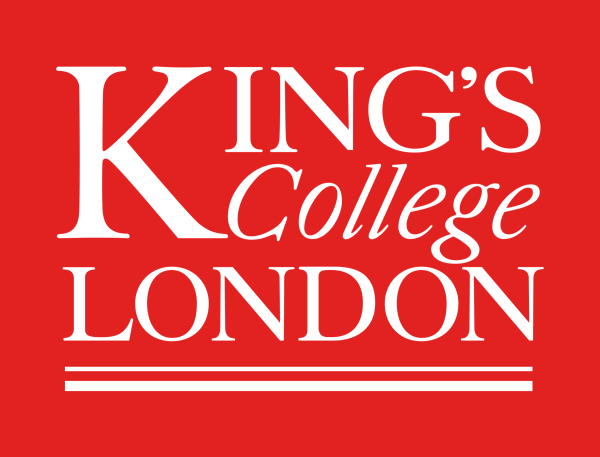

Background & Context
Getting the right model of research sponsorship for translational and clinical research is crucial because it ensures ethical oversight, regulatory compliance, and appropriate allocation of resources, all of which are essential for scientific integrity and patient safety. A well-structured sponsorship model fosters collaboration, accountability, and long-term sustainability. However, delays in study initiation due to sponsorship issues can hinder innovation, prolong patient access to new therapies, and increase costs. Therefore, while careful planning is vital, processes must be streamlined to avoid unnecessary bureaucratic hurdles that could compromise the timely advancement of potentially life-saving research. Efficiency and rigour must go hand in hand.
Depending on the sponsorship model used can significantly increase contract negotiation time between all parties. In addition, it can increase the time taken to complete the governance checks to ensure the appropriate due diligence has taken place.
Models such as co-sponsorship have the potential to create ambiguity in trial delegated responsibilities – parties being unsure who is accountable for specific tasks. Also, when issues arise within a trial, it is often unclear when sponsors need to be notified and to act in accordance with their levels of accountability. This is particularly important when demonstrating appropriate levels of sponsor oversight.
Given these issues, the JRO has been asked to explore how the research sponsorship processes and procedures can be made more efficient to enable a timely start to research and ensure the appropriate levels of oversight and compliance with research standards.
The Work Ahead
A Task and Finish Group from across KCL and GSTT has been established to explore the problems and identify solutions for testing and then subsequent implementation across the two organisations.
Potential solutions include but are not limited to the following:
- Reimagine the current sponsorship model that reduces the delays and improves the researcher experience across GSTT and KCL by:
- Look at how other organisations manage sponsorship and how they impact on time taken to open a study.
- Potentially move away from co-sponsorship for all non-CTIMP translational and clinical research but maintain the co-sponsorship model for CTIMPs.
- To design a checklist for sponsorship assignment for other regulated and non-regulated trials and studies and to trial this for effectiveness.
- To review the processes, procedures and systems to support sponsors in meeting the standards required for good of sponsor oversight
- To create a ’KHP’ Quality Group that shares best practice rather than teaches it.

